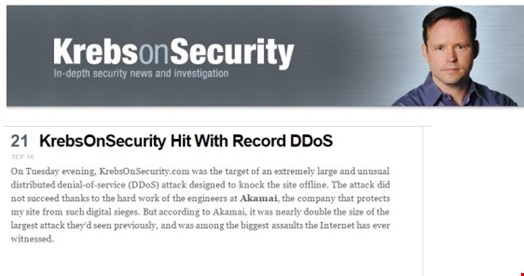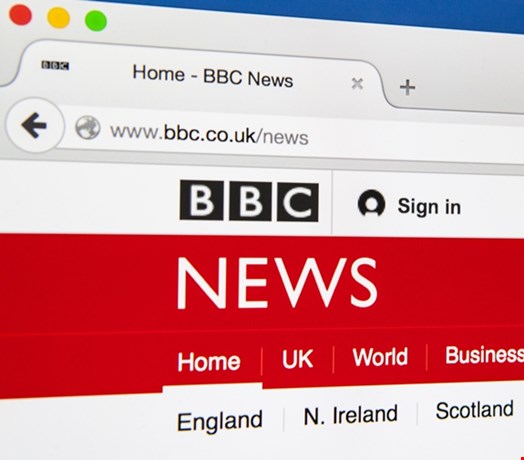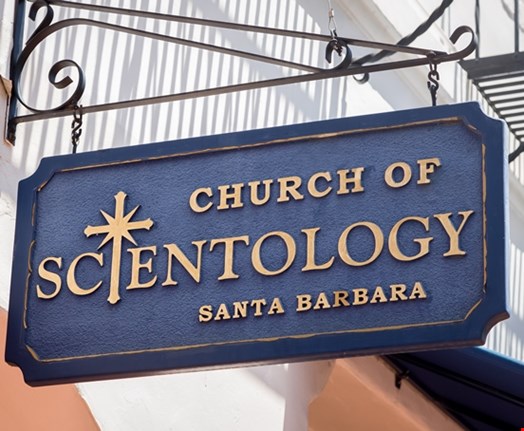The DDoS attack has moved from a sign of cyber-protest to something tactically used to bring websites, applications and even DNS providers offline.
Infosecurity presents the top ten DDoS attacks (in terms of size) of all time. The problem with measuring DDoS attacks is that traffic figures are sometimes hard to measure, and in collating this list, some noted attacks could not be included as the actual attack size was unquantified.
1 Attack on DYN – 1.2 Tbps
The attack on the DNS provider took websites such as Spotify, Airbnb, Starbucks and The Guardian offline.

2 - Attack on OVH – 1 Tbps
Hosting company OVH was hit by a 1 Tbps attack in September 2016, the largest ever seen at that time.
Source: Security Affairs

3 - Attack from Leet botnet – 650 Gbps
The botnet conducted 17-minute attacks with huge power originating from spoofed IPs.
Source: Imperva

4 - Takedown of Krebs on Security – 620 Gbps
Among the biggest assaults the internet has ever witnessed, this was nearly double the size of the largest attack seen previously.
Source: Krebs on Security

5 - Attack on BBC by the NWH – 602 Gbps
The BBC’s websites were offline for several hours on New Year’s Eve 2016, after Islamic State-linked New World Hacking carried out the attack as a "test of its capabilities."
Source: BBC

6 - Attack During Hong Kong Elections – 500 Gbps
PopVote, an online poll platform managed by The University of Hong Kong’s Public Opinion Program, was hit by a 500 Gbps attack in 2015.
Source: SecurityAffairs

7 - Attack on Gambling Company – 470 Gbps
The attack in June 2016 targeted a Chinese gambling company and lasted for over four hours before it was mitigated.
Source: Imperva

8 - Attack on Spamhaus – 300 Gbps
Described as “The DDoS That Almost Broke the Internet”, the attack peaked at 300 Gbps of traffic in March 2013.
Source: Cloudflare

9- Attacks on Hong Kong – 300 Gbps
DDoS attacks measured at 300 Gbps were targeted at PopVote and Apple Daily in March 2014.
Source: Forbes

10 - Attack on Church of Scientology – 220 Mbps
Hacktivists Anonymous hit the Church of Scientology in 2008 in an attempt to gain media attention away from the church.
Source: PC World

